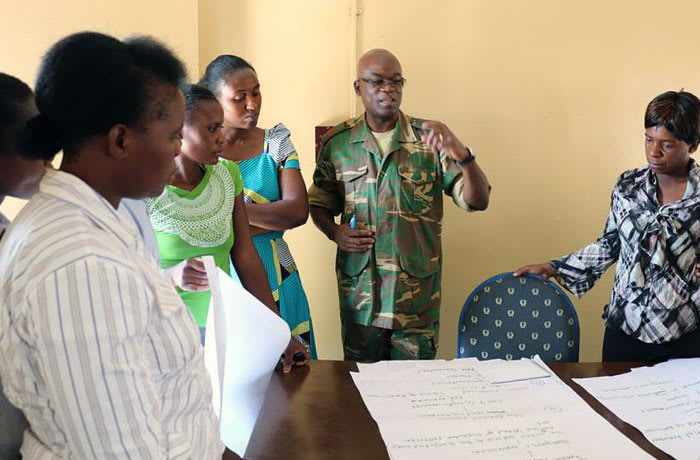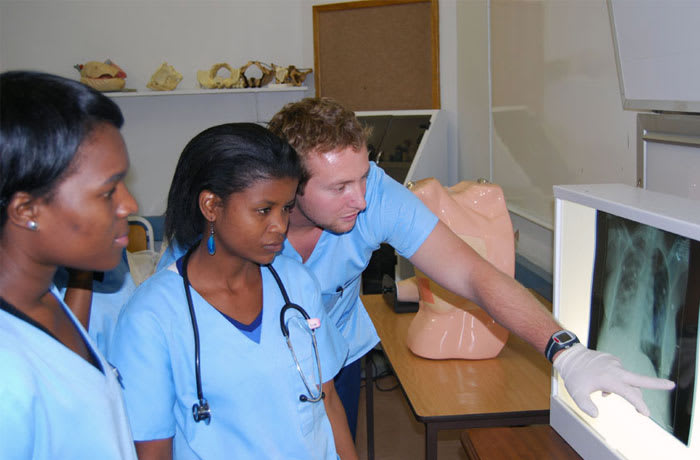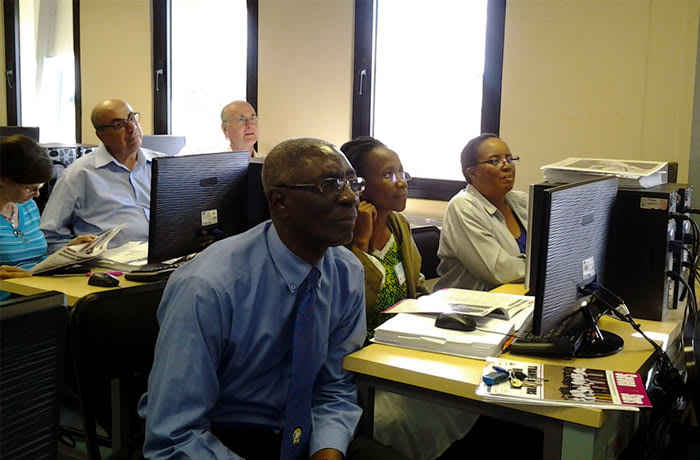
Twinning Center
Twinning Center has built on an existing relationship between the Zambian Defence Force and the US Department of Defence. This initiative is improving HIV treatment for military personnels and families by improving access to evidence-based medical resources through information communication technologies and telemedicine. The Organisation is building local capacities to implement ongoing professional development and training opportunities to improve ART and related care for children living with HIV.
Contact info
+260 211 295697, +260 950 227009
PO Box KL63
Message business
Enquiries, questions, quotation requests etc
Enquire via Email
International NGO
The American International Health Alliance (AIHA) is an international non-profit organization working to advance global health through locally driven projects. AIHA is part of the USAID-supported Zambia Rising Project led by Save the Children to coordinate with the Data Rising and strengthen local systems.
Creating an AIDS-free generation
Creating mutually-supportive relationships at multiple levels
To advance global health through locally driven sustainable health systems




+2
Healthcare
Zambia's health system faces numerous challenges, comprising very high risk of infectious diseases. Although the country has made some inspiring reductions in maternal and child mortality over the past two decades, rates are still high with 280 women out of 1,000 dying as a result of pregnancy complications.
To help resource sustainable changes that improve health outcomes
Building sustainable capacity among healthcare practitioners
Establishing clinical and administrative programs
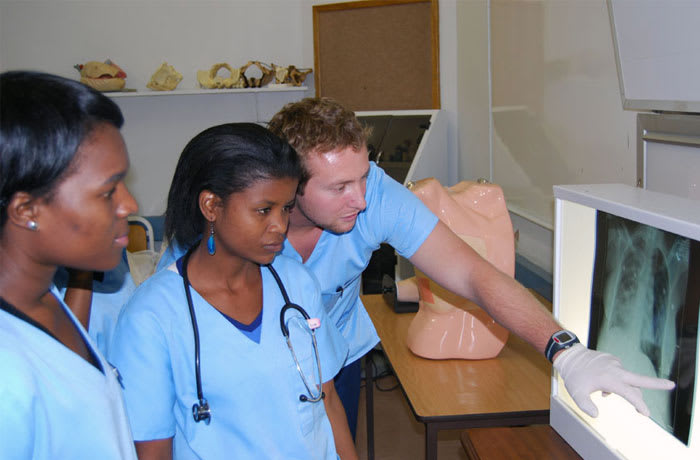



+2
Capacity building
AIHA's HRSA-supported HIV/AIDS Twinning Center Program (TCP) has established and managed a wide range of capacity programmes. AIHA utilizes a wide range of evidence-based, cost-effective approaches for health systems strengthening (HSS), developing human resources for health (HRH), and other needed capacity building.
Working with partner countries, civil society and faith-based organizations (FBOs)
Training of trainers to build capacity through pre- and in-service training programs
Strengthening educational institutions in recruitment, methods and curricula
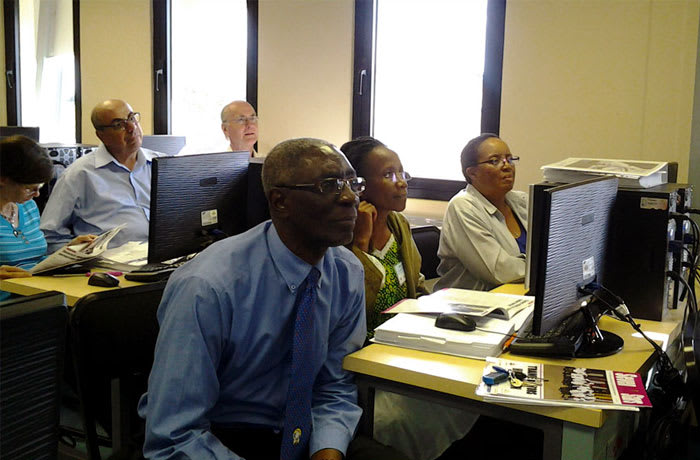

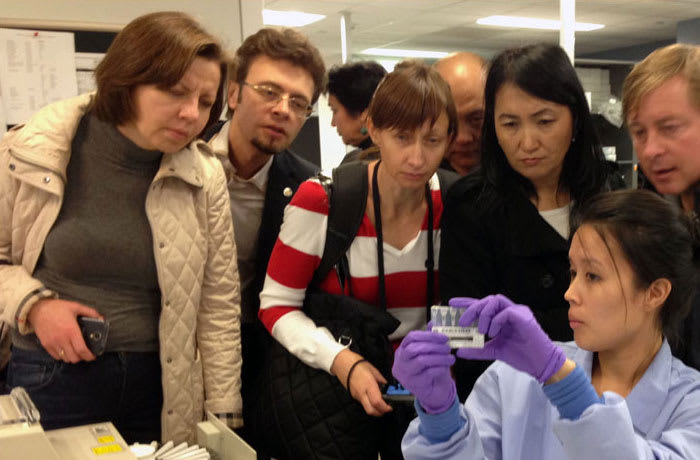

+2
Contact information
+260 211 295697, +260 950 227009
PO Box KL63
Message Twinning Center
Enquiries, questions, quotation requests etc
Enquire via Email
Run a business in Zambia?
© 2021 Infobwana, Ltd. All rights reserved. Formally thebestofzambia.com · Learn more



